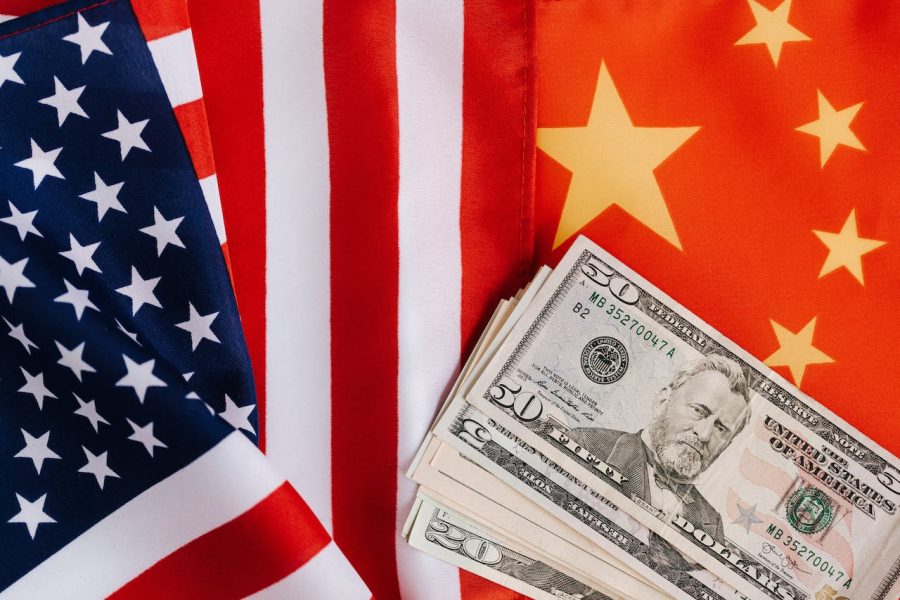Citing national security risks, the U.S. has made significant efforts to stop or at least limit China’s access to advanced processors used for AI and high-performance computing (HPC) applications. China is not happy that the United States was able to convince the Dutch government to stop sending and giving access to sophisticated ASML lithography equipment to China. ASML, located in the Netherlands, supplies the world’s leading chipmakers with the power to mass produce patterns on silicon and advanced chip fabrication technologies — all helping to make computer chips smaller.
Growing tensions between China and the U.S. over chips
In a recent interview with NRC, a Dutch newspaper, Tan Jian, the Chinese ambassador to the Netherlands, discussed the growing tensions between China and the US over cutting-edge chip fabrication technologies. Tan Jian said that China “might react” to the U.S., trying to cut China off from the advanced chipmaking tools — but added that it hoped this effort would not affect China’s relationship with the European Union.
Tan Jian’s warns, “If the Americans treat us in a hegemonic way, we will, of course, react, but our relationship with the EU should not be affected.” China believes this stand by the U.S. government is not about the chip but a strategy to curb Chinese technological and economic growth.
“The U.S. has stretched their idea of security far too far.”
Said Tan Jian, “The U.S. has stretched their idea of security far too far, including to things that have nothing to do with military risks,” said the ambassador. “And they put pressure on their allies to do the same. The US often accuses us of threatening diplomacy, but this is only threatening. We recognize that many European countries have close ties with the US, but Europe is Europe, a major player in the world.”
ASML declared earlier this month that it would no longer ship some of its machinery to China, and the shipments were canceled. The move came after the company’s most sophisticated deep ultraviolet (DUV) lithography equipment, which can be used to create chips, had its export licenses partially revoked by the Dutch government. The U.S. administration is thought to have had an impact on the decision.
Featured Image Credit: Karolina Grabowska; Pexels









